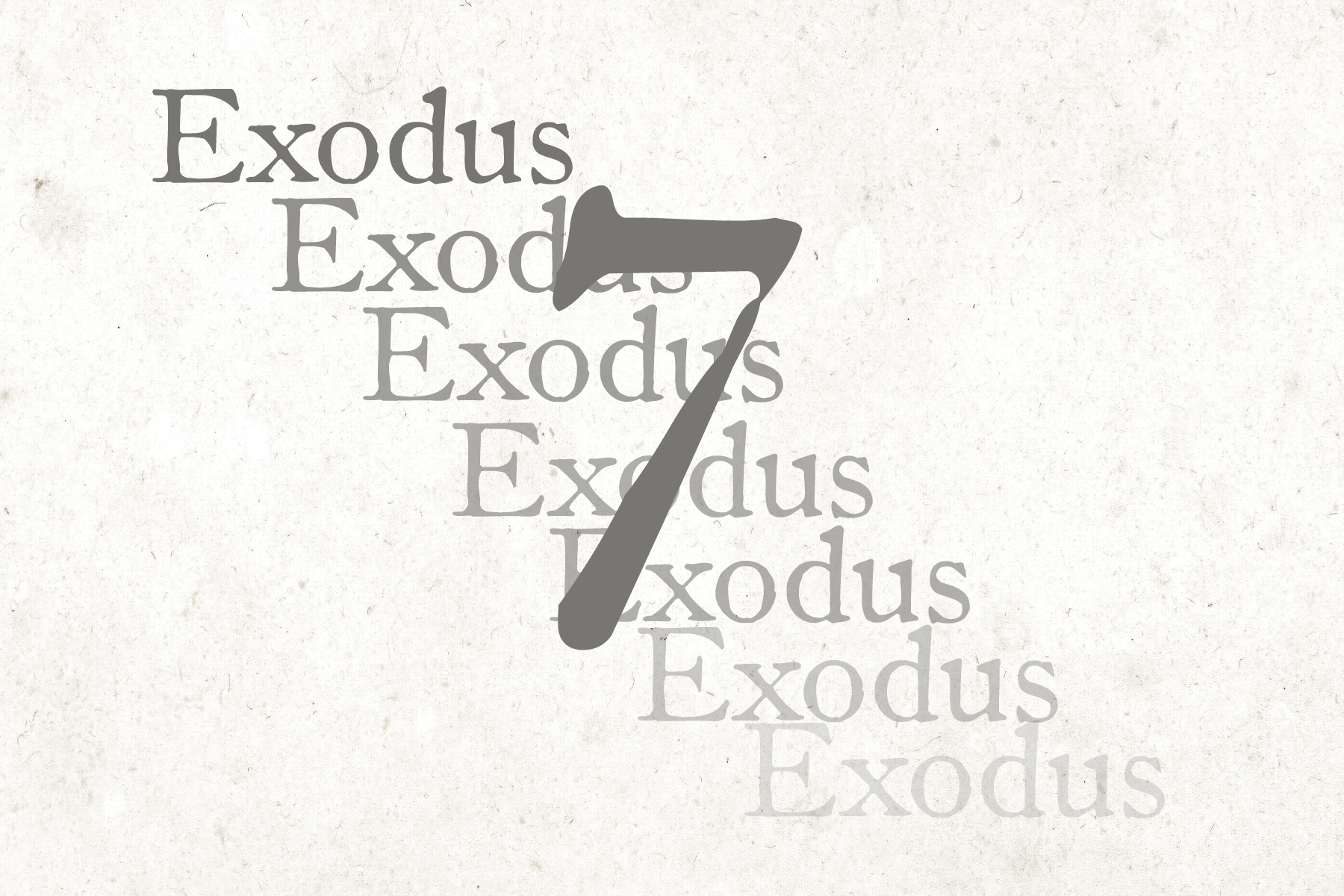
A church that recognizes the depth of its sin is a church that is wading into the deep end of the Gospel of grace.

Do you find yourself often looking down on others to make yourself feel better? If so, please read and carefully consider the following story.

“Do you have any tips on things that might be helpful in teaching through the Old Testament, or potential pitfalls?” That’s the question I was recently asked via email and I thought it might be profitable to share the answer here.

The “Exodus” principle holds a profoundly important—yet, often overlooked—place in the Christian life. Many are under the impression that there was only one “Exodus” in the Scriptures – Israel’s coming out of Egypt by the plagues, the Passover lamb and the parting of the Red Sea. The Exodus of Israel out of Egypt is clearly one of the central redemptive-historical events in the Scriptures. To highlight the importance of the Exodus-motif, we find that there are at least seven events, unfolded in Scripture, which follow the pattern of Exodus and may themselves properly be called “Exoduses.”

Why does so much of the Old Testament seem so foreign and irrelevant to those living in the New Covenant era today? Why do we so often struggle to understand how the events in the Old Testament apply to us today? How can we make sense of what seems to be disconnected biographies of saints in the Old Testament? How do events like Israel’s exile into Babylon and promised restoration have a bearing on us today? What are we to make of all the judgment/deliverance accounts? There is, in fact, a very simple answer to these questions. The Bible is about death and resurrection. So often we fail to see that all the events of the Old Covenant revelation were moving forward to the death and resurrection of Christ. This is what Jesus said to the two on the road to Emmaus (Luke 24); and, it is what the Apostle Peter wrote about in 1 Peter 1:10-12. When we get this principle we are greatly helped as we read the Old Testament.




















 © Alliance of Confessing Evangelicals
© Alliance of Confessing Evangelicals


